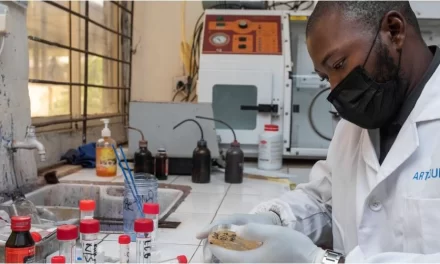A groundbreaking study led by Professor Koji Fukui from the Shibaura Institute of Technology (SIT) has unveiled promising results indicating that blended antioxidant supplements could hold the key to mitigating age-related cognitive decline and muscle weakness. The research, published in the special issue ‘Antioxidants in health and diseases’ of the International Journal of Molecular Sciences, suggests that administering a combination of antioxidant supplements to aged mice led to significant improvements in spatial cognition, short-term memory, and muscle durability.
Age-related cognitive decline and muscle weakness are major health challenges associated with aging, leading to increased healthcare costs and reduced quality of life for older individuals. One of the primary drivers of age-related health decline is oxidative stress, which causes cell damage and contributes to various age-related diseases.
The study found that aged mice treated with a blended mix of antioxidant supplements exhibited notable enhancements in spatial learning ability and short-term memory. Memory loss, often linked with diseases like Alzheimer’s, can significantly impact older individuals’ daily functioning. The study’s findings suggest that blended antioxidant supplements may offer a protective effect against memory loss in humans.
Furthermore, the research indicated improvements in muscle strength and durability in mice administered with the antioxidant supplement blend. Sarcopenia, characterized by the progressive loss of muscle strength in older individuals, poses significant challenges to mobility and overall health. By enhancing muscle strength in mice, blended antioxidant supplements could potentially combat muscle frailty and sarcopenia in humans.
“While the mechanism behind this effect is not fully understood, our study provides groundbreaking evidence that antioxidant supplements may help prevent muscle weakness, a significant risk factor for conditions like dementia,” remarked Prof. Fukui.
The study underscores the potential of blended antioxidant supplements as a dietary intervention to prevent age-related health decline. However, Prof. Fukui emphasizes the importance of further research to validate these findings and establish the efficacy and safety of antioxidant supplements in humans.
Prof. Fukui advises caution in choosing antioxidant supplements, highlighting the importance of opting for multivitamins that are guaranteed to be safe. Additionally, understanding individual differences in the effects of antioxidants and tailoring supplement regimens accordingly can optimize their benefits in combating age-related decline.
“In the future, personalized multi-supplements tailored to individual needs could revolutionize preventive healthcare, eliminating concerns about overdosing and maximizing health outcomes,” Prof. Fukui concluded.
As research in this area advances, blended antioxidant supplements offer a promising avenue for promoting healthy aging and enhancing overall well-being in older individuals.












